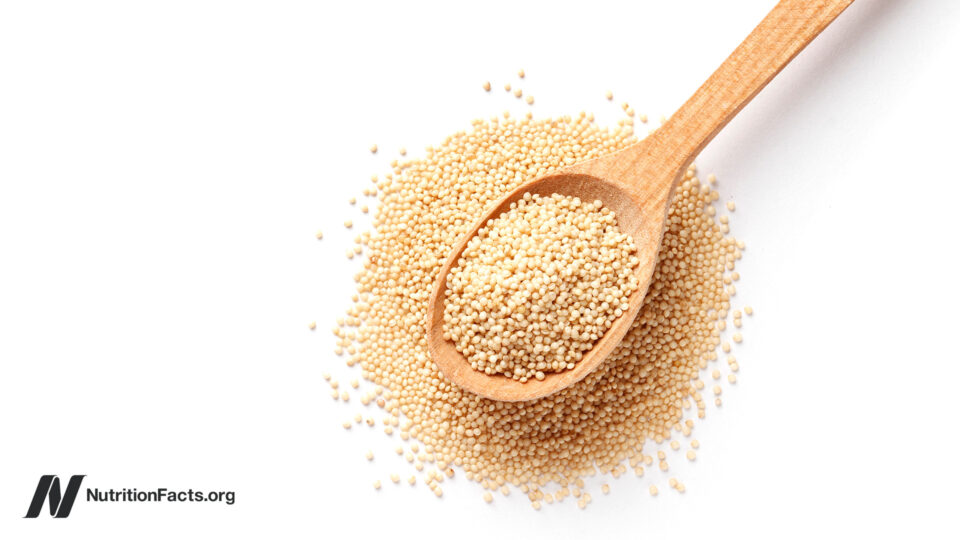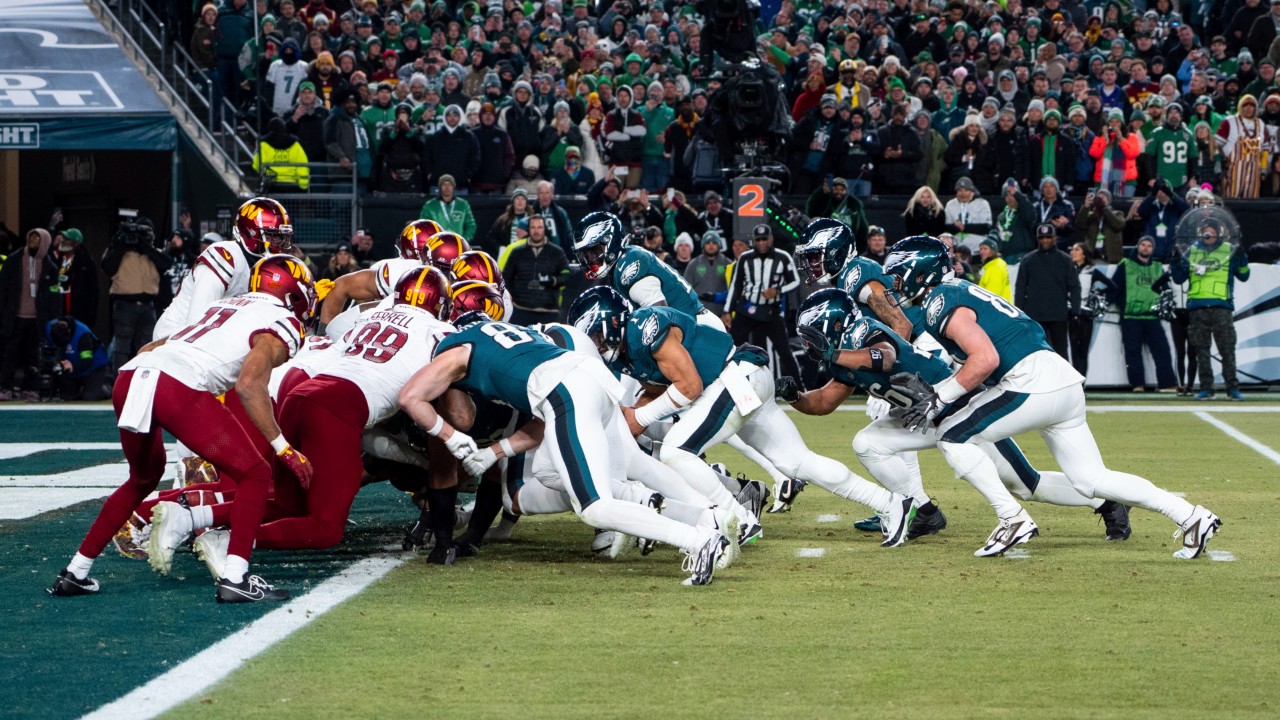USACO Techniques - Simulation
What is Simulation? Simulation is directly simulating what the problem statement tells you to do. Since there are no algorithms required, the program is written in a direct and straightforward manner. Key Characteristics: Follows problem description literally Uses conditional statements and loops heavily Often involves tracking state changes over time Example Problem 1 USACO Jan 2019 Bronze 1. Shell Game Overview Rules: Three shells named 1,2,3 (positions 1, 2, 3) Pebble starts under one shell N swaps performed 4. a and b are swapped, g is the guess Solution Code(C++) #include using namespace std; int main() { //freopen("shell.in","r",stdin); //freopen("shell.out","w",stdout); int N; cin>>N; vector guess(3); vector shells = {0,1,2,3}; while(N--){ int a,b,g; cin>>a>>b>>g; swap(shells[a],shells[b]); guess[shells[g]]++; } cout3->1 sequence Therefore, for the i_th pour, bucket[i%3] pours into bucket[(i+1)%3] Solution Code(C++) #include using namespace std; #define ll long long int main() { //freopen("mixmilk.in","r",stdin); //freopen("mixmilk.out","w",stdout); vector cap(4),amount(4); for(int i=0;i>cap[i]>>amount[i]; const int N = 100; for(int i=0;i

What is Simulation?
Simulation is directly simulating what the problem statement tells you to do. Since there are no algorithms required, the program is written in a direct and straightforward manner.
Key Characteristics:
- Follows problem description literally
- Uses conditional statements and loops heavily
- Often involves tracking state changes over time
Example Problem 1
USACO Jan 2019 Bronze 1. Shell Game
Overview
Rules:
- Three shells named 1,2,3 (positions 1, 2, 3)
- Pebble starts under one shell
- N swaps performed
4.
aandbare swapped,gis the guess
Solution Code(C++)
#include Example Problem 2
USACO Dec 2018 Bronze 1. Mixing Milk
Overview
Pour milk(100 times)*:
- 1->2->3->1 sequence
- Therefore, for the i_th pour, bucket[i%3] pours into bucket[(i+1)%3]
Solution Code(C++)
#include 
















![[The AI Show Episode 142]: ChatGPT’s New Image Generator, Studio Ghibli Craze and Backlash, Gemini 2.5, OpenAI Academy, 4o Updates, Vibe Marketing & xAI Acquires X](https://www.marketingaiinstitute.com/hubfs/ep%20142%20cover.png)
_marcos_alvarado_Alamy.jpg?#)

















/https://tf-cmsv2-smithsonianmag-media.s3.amazonaws.com/filer_public/2c/9d/2c9d05ee-5ef8-4a0c-9c23-90d5705d6745/main_hs-2015-44-b-xlarge_web-jpg.jpeg?#)








































